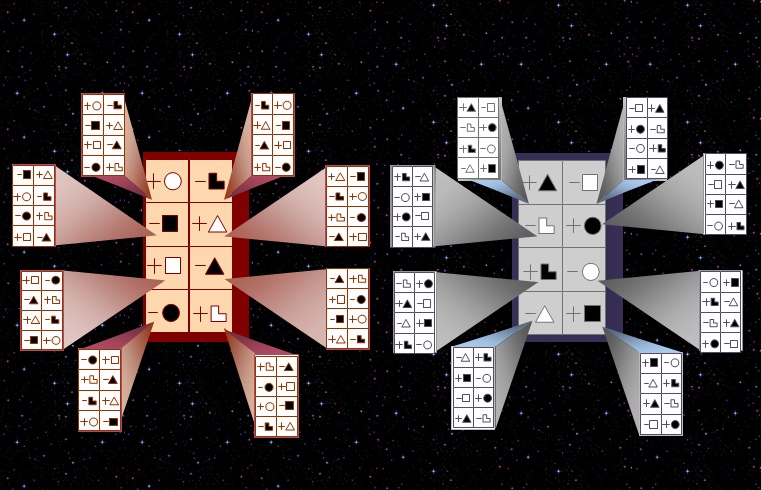I appreciate your elaboration on this subject.
I might have lightly read through the thread... I wanted to give the info I was receiving from. Also, I didn't notice anyone posting my explanation.
As reading details sometimes overwhelms my nervous system. (Some of us has had negative experiences, and any form of entering the mind or heart, will cause them so be overly sensitive, or insanely protective.) I understand, also, that if we are too short in a subject could be a form of harshness, not open/ not giving. I don't mean to mean harsh when I give a short answer, but I was raised by an ExxJ and was always expected to "GET TO THE POINT".

So, I have adapted this mentality.

I will try to understand subjects little by little.

I know you were not trying to make me look like an idiot, I was just excusing myself. HOWEVER, I SUSPECT U ARE PICKING ON ME, JUST BECAUSE U CAN.
"..MBTI based on J/P=p/j and then call those Socionics, but if there is a merger, then it obviously cannot be Socionics." WHY THE HELL NOT????




 read completely differently, and Fi and
read completely differently, and Fi and  seem tangentially related at best.
seem tangentially related at best.